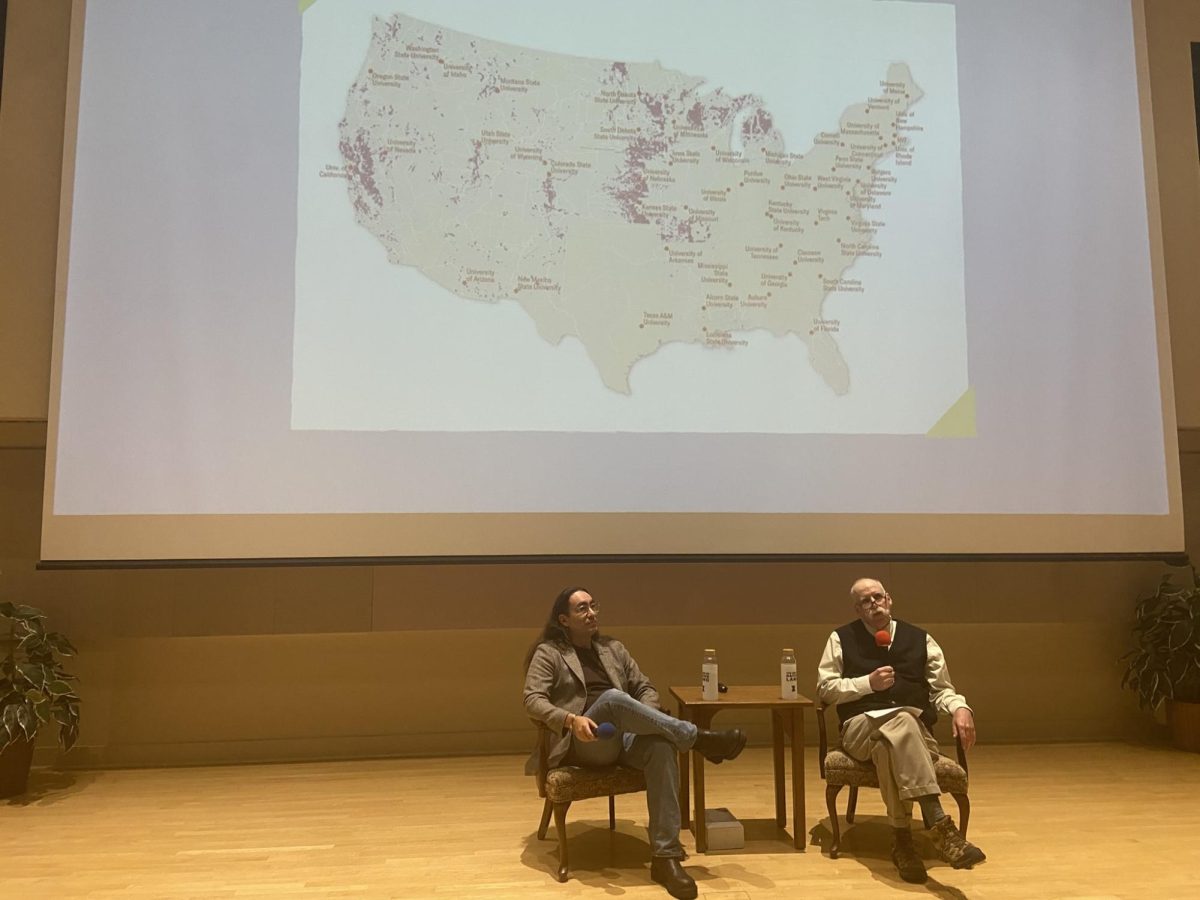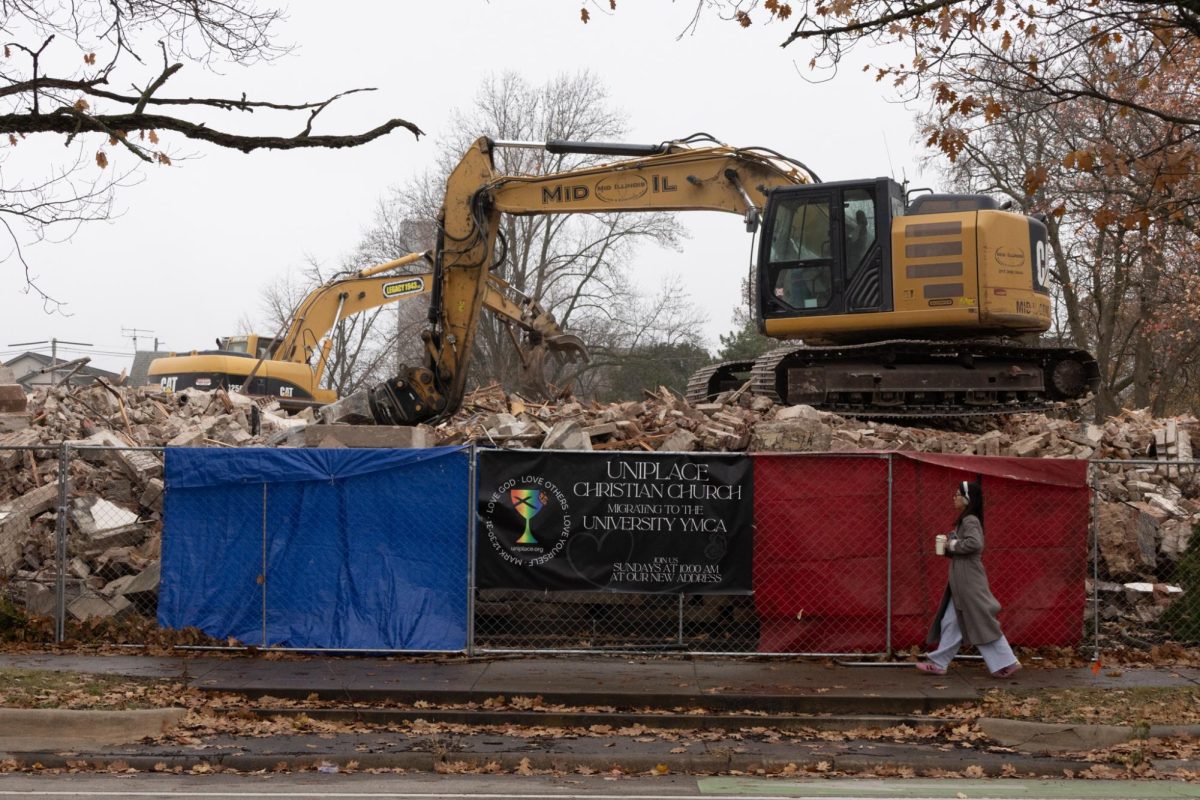Robin Kelley, professor and Gary B. Nash Endowed Chair in U.S. History at the University of California, Los Angeles, visited the University of Illinois on Wednesday to explore past historical movements and figures, such as Martin Luther King Jr., and their synonymy with the Israel-Hamas conflict.
The talk, titled “Gaza: What Would MLK Do?,” primarily focused on how distinct American social movements relate to the current conflict in the Middle East and how Martin Luther King Jr. would approach the conflict in today’s modern age.
Kelley utilized King’s history with both territories, citing King’s travels to both Israel and the Gaza Strip.
“We know that he was an internationalist much before the Vietnam War,” Kelley said. “King was an internationalist and grew up in a cosmopolitan household. King wanted to walk a fine line of sympathizing with both Israel and Palestinians.”
Regarding the conflict in the Middle East, Kelley stated what he believed King’s reaction would be to the ongoing war.
Get The Daily Illini in your inbox!
“He would appeal to the international community, to the UN, to intervene,” Kelley said.
Kirthi Shankar, freshman in Engineering, said that she thought Kelley’s talk was interesting and historically insightful.
“This lecture was really interesting, and I appreciated how it connected the historical views that are so important to our country, to the current happenings in the Gaza Strip,” Kirthi said. “I also really appreciate the ties to being somebody who endorses humanity rather than just political things.”
Kelley also discussed the rising antisemitism on college campuses. “Antisemitism is at an all-time high, and we need to be stopping it,” Kelley said.
Nearly three-quarters of Jewish students have reported witnessing or experiencing antisemitism on their college campuses.
Kelley’s research primarily focuses on the history and trajectory of social movements involving the United States, Africa and the African diaspora. The talk incorporated past historical movements, such as the Civil Rights Movement, and how King’s actions during this period would reflect on the current happenings in both Israel and the Gaza Strip.
Kelley’s essays have been featured in professional publications such as the American Historical Review, The New York Times and the Boston Review while publishing dozens of articles in scholarly journals. Kelley has also written various books surrounding African American history throughout his trajectory.
The event was co-sponsored by the Asian American Studies Department, the Center for South Asian and Middle Eastern Studies, the Department of African American Studies, the Department of History, the Department of Latina/Latino Studies, the Department of Gender and Women Studies, the Program in Jewish Culture and Society and the Salaam MENA Cultural Center.
The talk sparked a conversation regarding how prominent political figures of social movements, such as King, would contemplate the conflict in the Middle East. Kelley then ended his speech by proclaiming how King would react to the war due to his viewpoints and internationalism during the civil rights movement.
“King would condemn all violence,” Kelley said.






